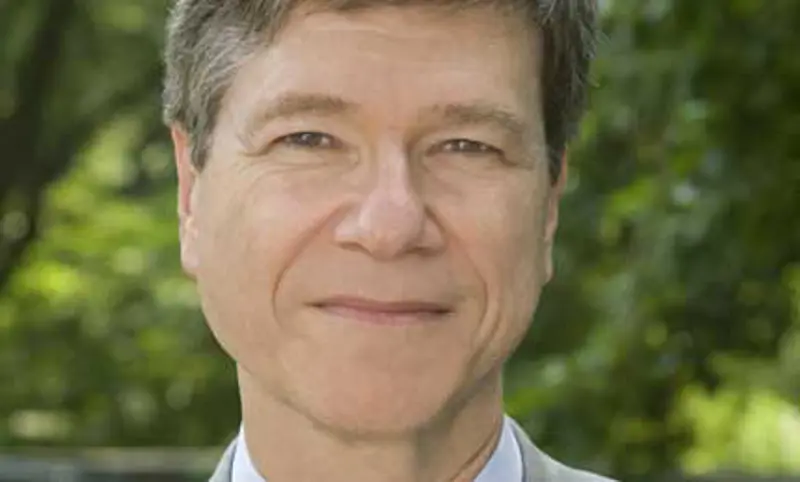The content on this page is marketing communication
From shock therapy to combating poverty
When the American Jeffrey Sachs was appointed economics professor at Harvard at the age of 28, he became one of the youngest tenured professors ever at the famed university. After a sojourn as economic advisor to a number of crisis-stricken countries, he changed tack to fight poverty.

He is currently director of The Earth Institute at Columbia University and special advisor to UN General Secretary Ban Ki-Moon and is ranked one of the world's leading experts on globalisation and its challenges.
Crisis specialist in Latin America and Eastern Europe
In the mid-1980s, Sachs began advising countries affected by crises. Bolivia, a country with hyperinflation and difficulties repaying its loans to the International Monetary Fund (IMF), was his first patient. Then came Poland, where he became economic advisor to the Solidarity Movement. He also served as advisor to both departing Soviet leader Mikhail Gorbachev and incoming Russian president Boris Yeltsin. The economist became a global authority on guiding formerly communist countries into the capitalist world.
A treatment that has become closely associated with Sachs is "shock therapy," which is a process that deals with liberalising a country's economy through deregulation, privatisation and abandoning price controls with the goal of achieving rapid stabilisation. It is an approach that has worked well in countries such as Poland and the Czech Republic, but which has also had its share of critics for creating divides.
Combating poverty with Ban Ki-Moon, Bono and Jolie
Since 1995, Sachs has focused on the very poorest countries in Africa. He has worked in more than 20 countries in the region and has served as advisor to both governments and the wider international global community.
Through his work in Africa and with the United Nations Development Goals, Sachs has become acquainted and subsequently friends with international celebrities such as U2's front man Bono and the actress Angelina Jolie. Over the years, the economist has become increasingly critical of the IMF's measures, which he believes are insufficient to address the problems afflicting the world's poor countries.
Hyperproductive economist with little need for sleep
Sachs is widely known for his productivity and often sleeps no more than 4-5 hours a night. He typically gets out of bed around 5 am to start his working day in his home in New York City – often to Skype colleagues in other time zones – before having a brief respite as the morning papers arrive at around 6:30.
With so many travel days and his hectic pace, he enjoys having his older daughter, mother and sister live in close proximity to his wife and younger daughter. Often the extended family can be seen eating dinner somewhere near his home on Manhattan's Upper West Side.
Sachs has written hundreds of academic articles and several popular scientific books. These include The End of Poverty, Common Wealth and The Price of Civilization, which have made it onto the New York Times bestseller list. He has been named one of the world's 100 most influential people by Time magazine and the New York Times has called him "probably the most important economist in the world."
Hear what Jeffrey Sachs has to say about the economic prospects and challenges for the global economy as he gives the keynote address at SKAGEN Funds' New Year's Conference in January 2015.


